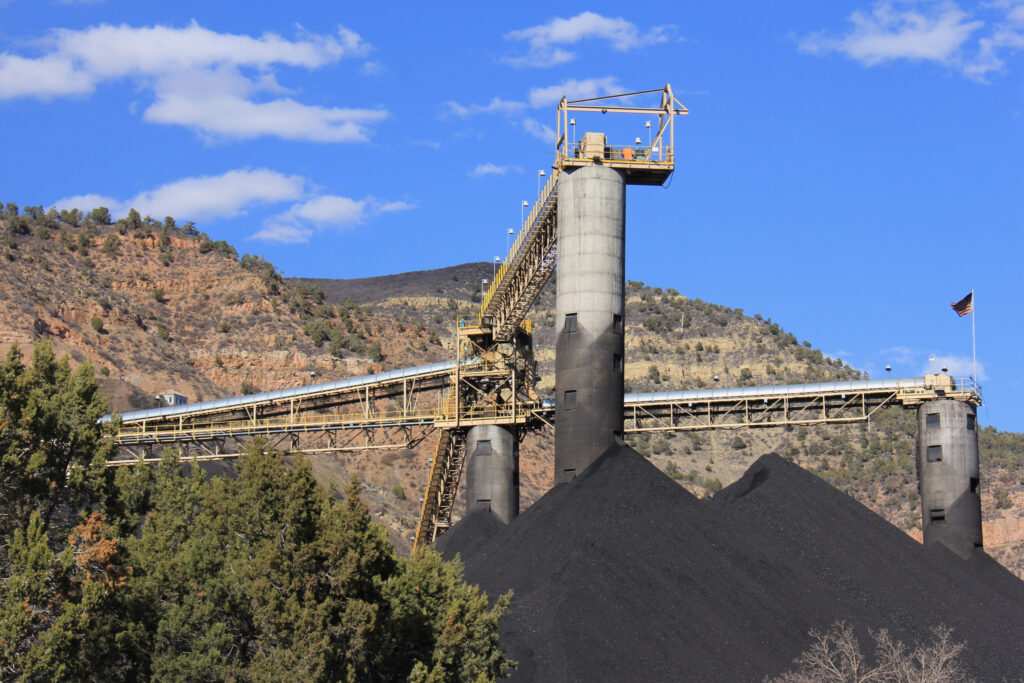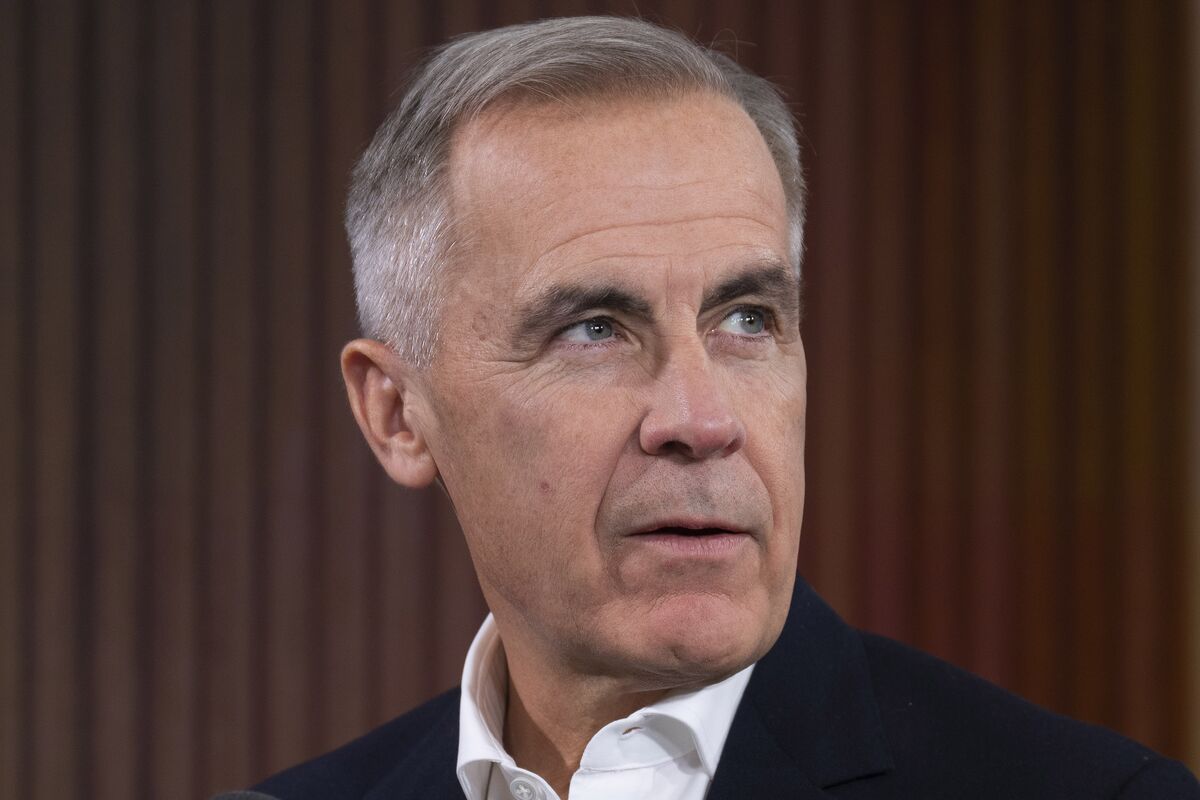Citing ‘AI Arms Race,’ Trump Administration Announces Efforts to Rekindle US Coal Industry

The U.S. announced its intention to compete for a 21st-century technology using 19th-century energy on Monday when the Trump administration revealed a slew of deregulatory actions and new investments in the dirtiest, most greenhouse-gas-intensive fossil fuels.
At a gathering in Washington, D.C., officials from the Department of the Interior, the Environmental Protection Agency and the Department of Energy trumpeted their support for the nation’s coal industry, which they say will enable the U.S. to win the generative artificial intelligence “arms race with China.”
U.S. coal has experienced a decades-long decline as cheaper natural gas displaced its market share and renewable energy continues to account for a growing proportion of energy on the grid. Even as the Trump administration tries to reverse these trends by walking back or delaying safety and health regulations for miners and reopening public lands to coal mining, among other actions, energy forecasters expect coal to become a more expensive, less-used form of energy.
None of those market dynamics—or climate change—were mentioned Monday at the Interior Department, where coal employees backdropped senior Trump officials assembled in front of senators and governors from coal-rich states.
Coal “is an industry that has been under assault,” said Interior Secretary Doug Burgum. Burgum claimed U.S. coal power plants are “the cleanest coal plants in the world,” and reinvesting in them would allow the U.S. to outcompete China and meet soaring energy demand forecasts.
Data centers, the engines behind AI, are the primary culprit driving steep increases in U.S. electricity use.
Instead of meeting this predicted demand with wind and solar, which do not emit greenhouse gases when they generate electricity, and backing them up with batteries for when the sun doesn’t shine and the wind doesn’t blow, the Trump administration is pursuing coal, one of the most expensive forms of energy.
On Monday, Burgum announced 13.1 million acres of public land would be opened to new coal development, and added that the federal government is lowering the royalty rate from a floor of 12.5 percent to a “ceiling of 7 percent.” After a pause, he asked for applause.
Lowering federal royalty rates could negatively impact states like Wyoming, where the Interior Department just announced an auction of 3,500 acres of public lands for new coal mines. Wyoming, the country’s largest coal producer, typically splits revenue from coal royalties with the federal government, and it could lose out on $50 million annually under the lower royalty rate, according to a state-authored analysis.
Wyoming’s coal is mostly used to fuel power plants. Some of the country’s coal is instead exported overseas to make steel.
In addition to the Interior Department’s actions, EPA Administrator Lee Zeldin announced that the agency would repeal dozens of rules, delay limits on coal ash wastewater discharges from coal plants and reexamine the country’s Regional Haze program, which governs air quality and pollution from power plants.
“In the course of one year, we will do more deregulation at the EPA than entire federal governments have done across all federal agencies across entire presidencies,” Zeldin said.
That’s not good news for Americans, environmentalists warned.
“Donald Trump’s plan doesn’t just saddle us with higher bills, he wants to lease millions of acres of public lands to mining companies and further slash protections for our clean air and water,” Holly Bender, chief program officer at the Sierra Club, said in a statement. “Rather than investing in clean, affordable energy to power our country, more coal will increase deadly air pollution, poison our water with harmful heavy metals, and drastically worsen the health of our loved ones.”
Wells Griffith, undersecretary of the Department of Energy, said his agency would make $625 million available to help companies modernize and recommission coal plants near the end of their life cycle, among other grant opportunities.
“Make no mistake, America needs coal more than ever,” he said.
None of the speakers during Monday’s announcements mentioned the trillions of dollars in damages climate change has caused and is expected to continue causing to the world.
Despite the regulatory boon from the Trump administration, a U.S. coal renaissance is far from guaranteed.
“Even if you got rid of those regulations now, maybe they come back in the future,” said Josh Linn, a professor at the University of Maryland and a senior fellow with Resources for the Future, an energy and policy think tank. “That uncertainty is going to mean that it’s now a riskier investment” to build a new coal power plant.
Others chafed at Burgum’s talk of competing with China through coal. Though China is still building coal-fired power plants, a U.S. Energy Information Administration estimate shows it installed almost 10 times as much renewable energy last year.
“Donald Trump and Doug Burgum are trying to build a bridge to the 19th century,” said Racheel Hamby, policy director at the Center for Western Priorities. “There’s no such thing as clean coal.”



